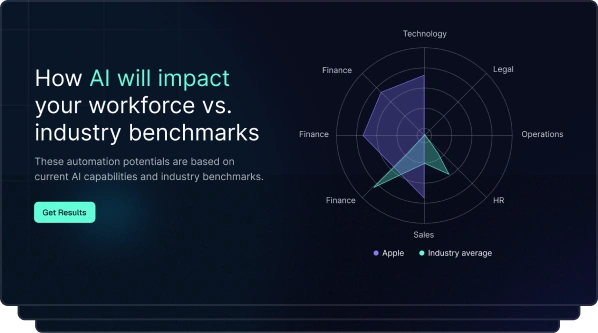
Subscribe now to receive new episodes straight to your mailbox.
“Excel Didn’t Help in a Crisis” | How the Belgian Government Built a National Skills System from Scratch
Episode Summary
In this episode of the TechWolf Podcast, Carolien Sonck, Director of Support Services at the Belgian government, shares how her team is driving one of Europe’s most ambitious public-sector skills transformations. Starting in the midst of the COVID-19 crisis, when identifying critical expertise across 1,500 employees proved nearly impossible, Carolien’s team partnered with TechWolf to build dynamic, AI-powered skills profiles. She explains how this journey has reshaped workforce planning, internal mobility, and crisis readiness — while also tackling questions of employee trust, data protection, and stakeholder alignment. With an eye on the future, Carolien envisions expanding the program to 60,000 civil servants across the federal government.
Watch the Episode
Key Takeaways from Carolien Sonck on Skills in Government
⚡ Clear triggers drive momentum — COVID-19 exposed the urgency of knowing who had which skills.
📊 Internal mobility is essential — with limited new hires, the government now looks inward to redeploy skills.
🔍 AI-powered skills data enables precision — identifying experts for projects, crisis response, and consultancy.
💬 Communication is critical — transparency and “what’s in it for me” messaging reassures employees and councils.
🔐 Trust and compliance matter — proactive GDPR alignment and anonymized data builds confidence.
📈 Early wins convince skeptics — dashboards, translators redeployment, and 70% employee validation showcase impact.
🌍 The vision is scale — from one ministry to 60,000 skills profiles across the Belgian federal government.
About the Speaker: Carolien Sonck
Carolien Sonck is Director of Support Services at the Belgian government, where she leads the ministry’s initiative to become more skills-informed. Her team is pioneering the use of AI-driven workforce intelligence in the public sector, ensuring data on jobs, skills, and tasks is translated into real business and societal impact.
Best Practices & Actionable Insights
✔️ Start with a clear trigger and business case — urgency makes transformation real.
✔️ Prioritize employee communication — explain the purpose, protect trust, and highlight benefits.
✔️ Involve councils and stakeholders early — transparency prevents resistance later.
✔️ Deliver early use cases — quick wins like crisis staffing or redeployment build credibility.
✔️ Invest in data expertise — strong analytics (e.g. Power BI) turn skills data into actionable insights.
✔️ Think big — design for scale beyond your immediate team or ministry.


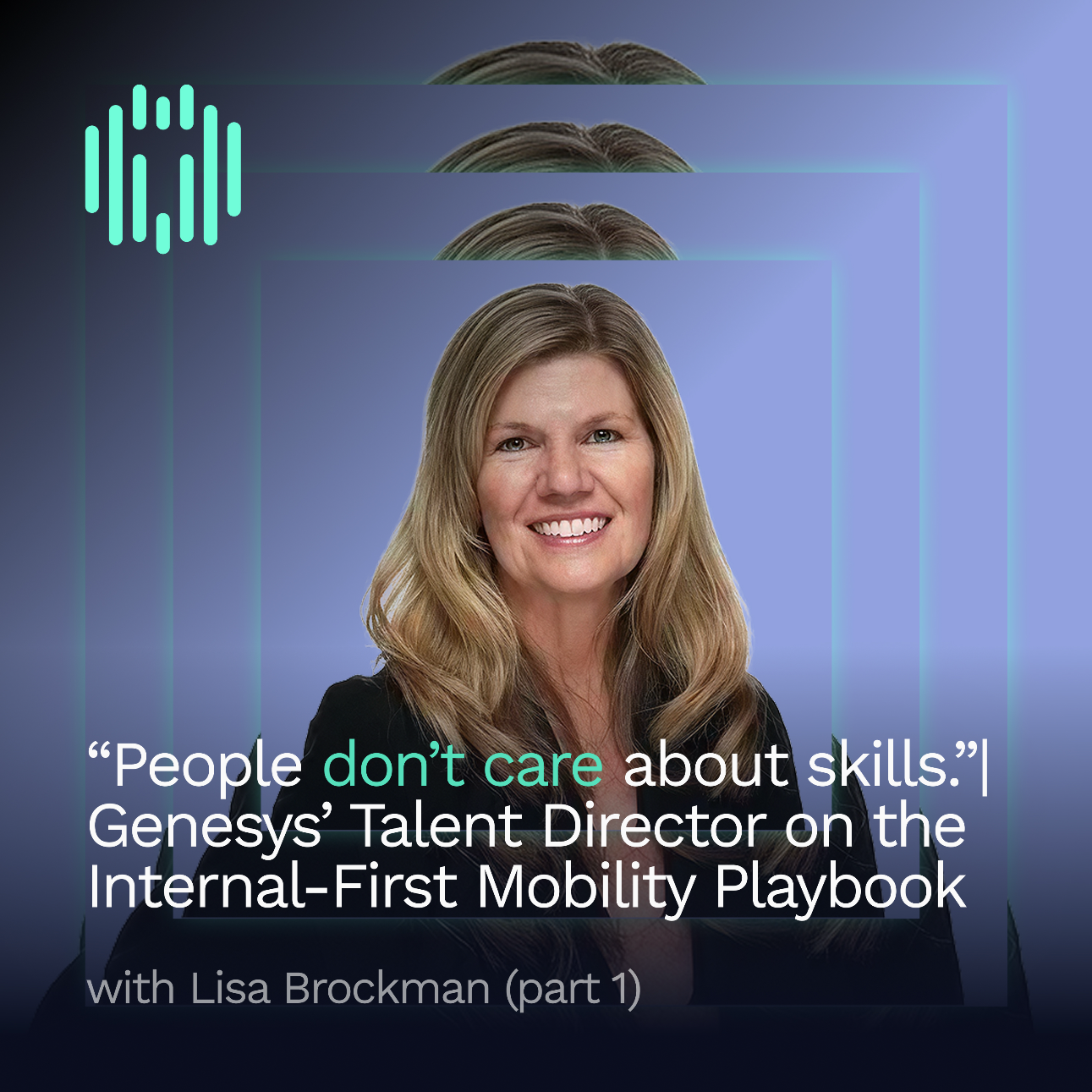
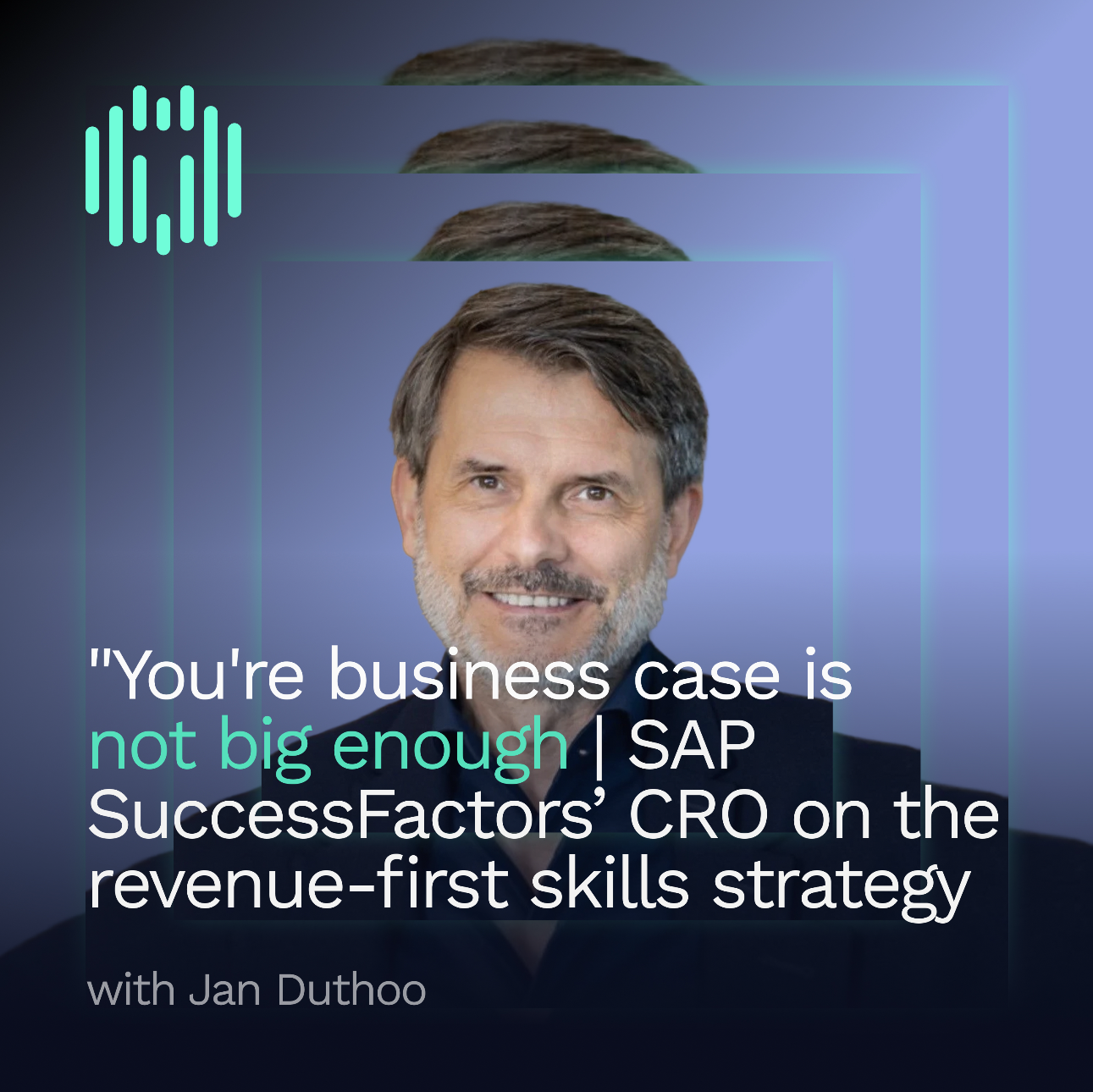






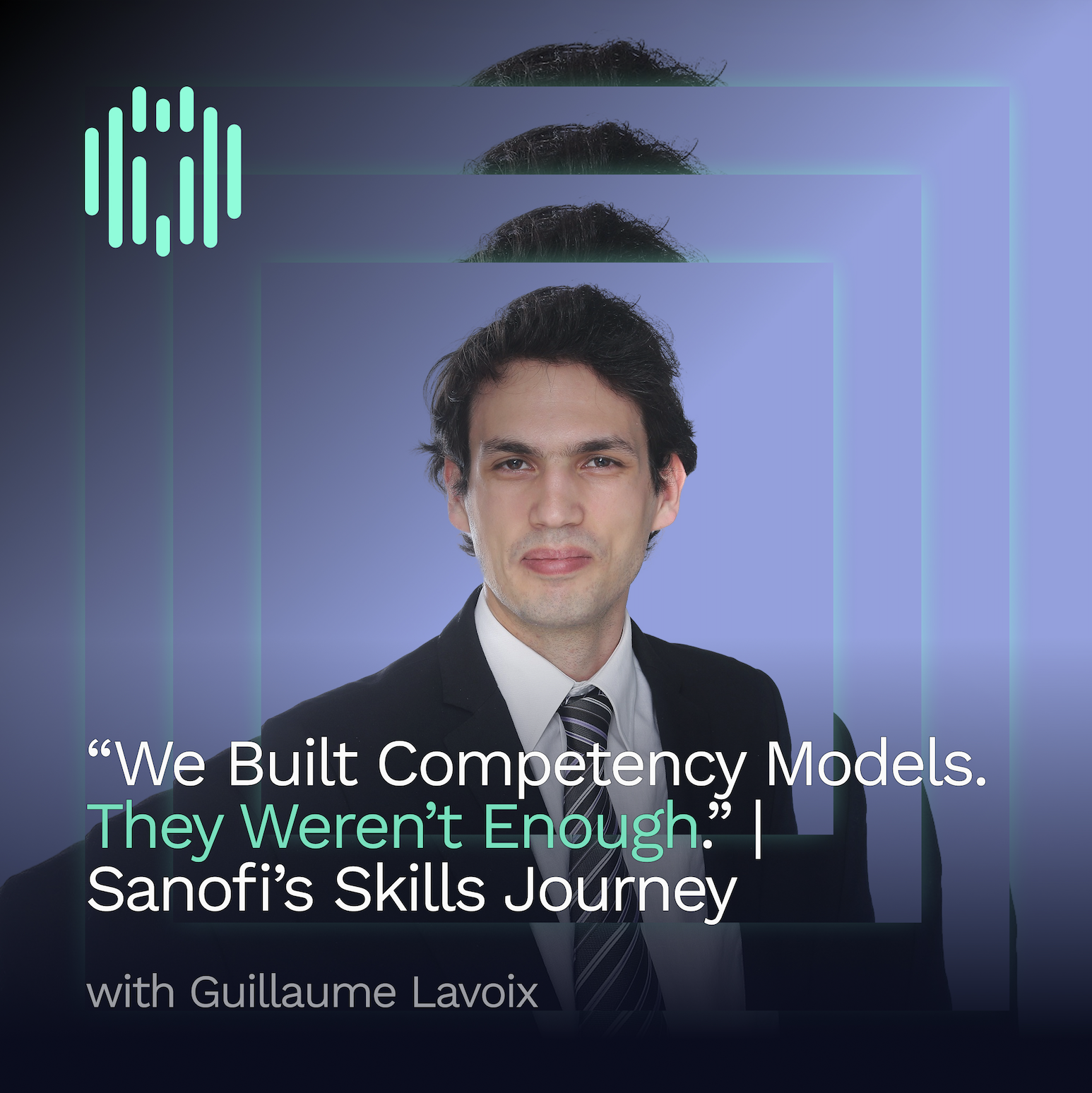
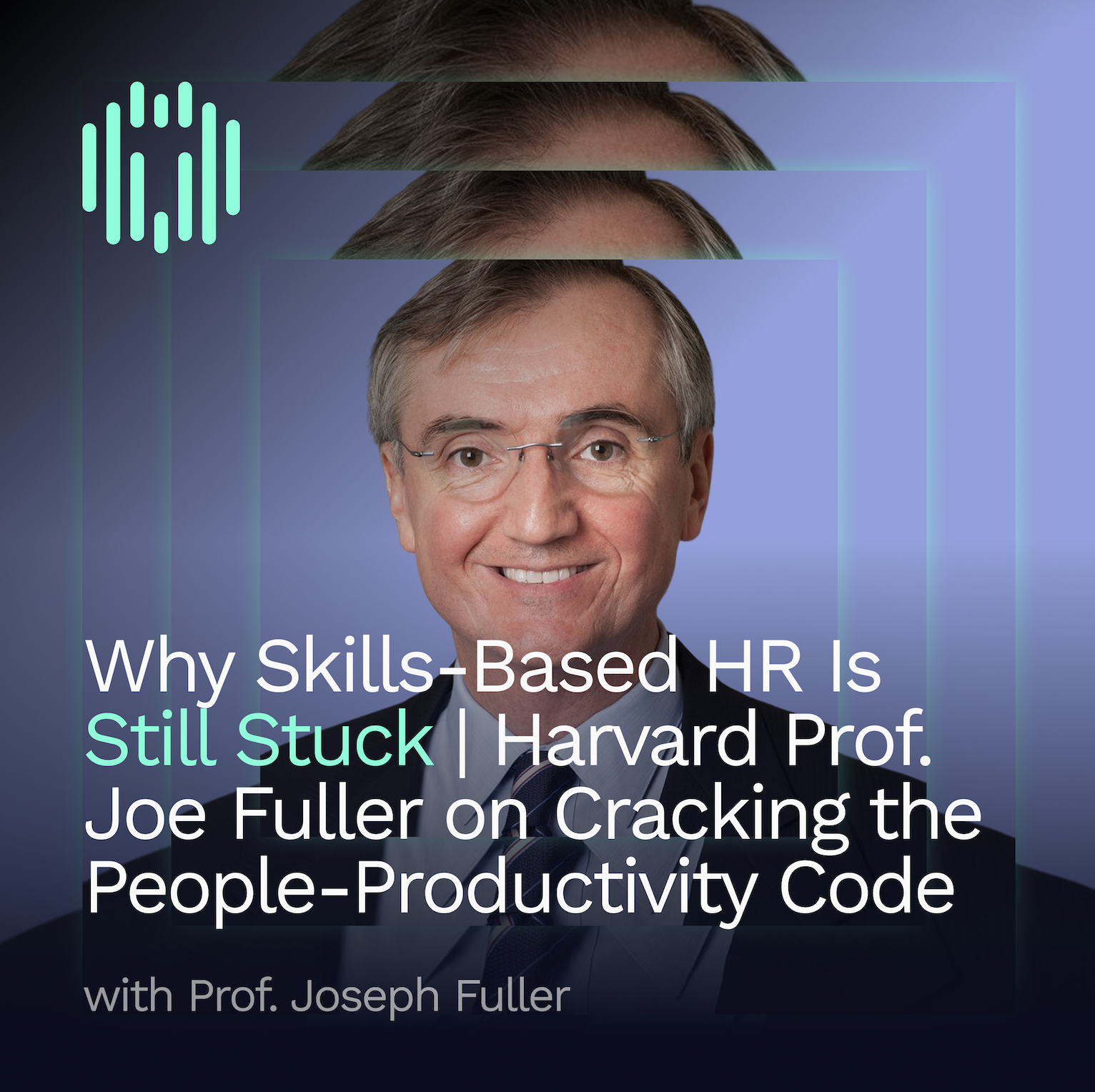

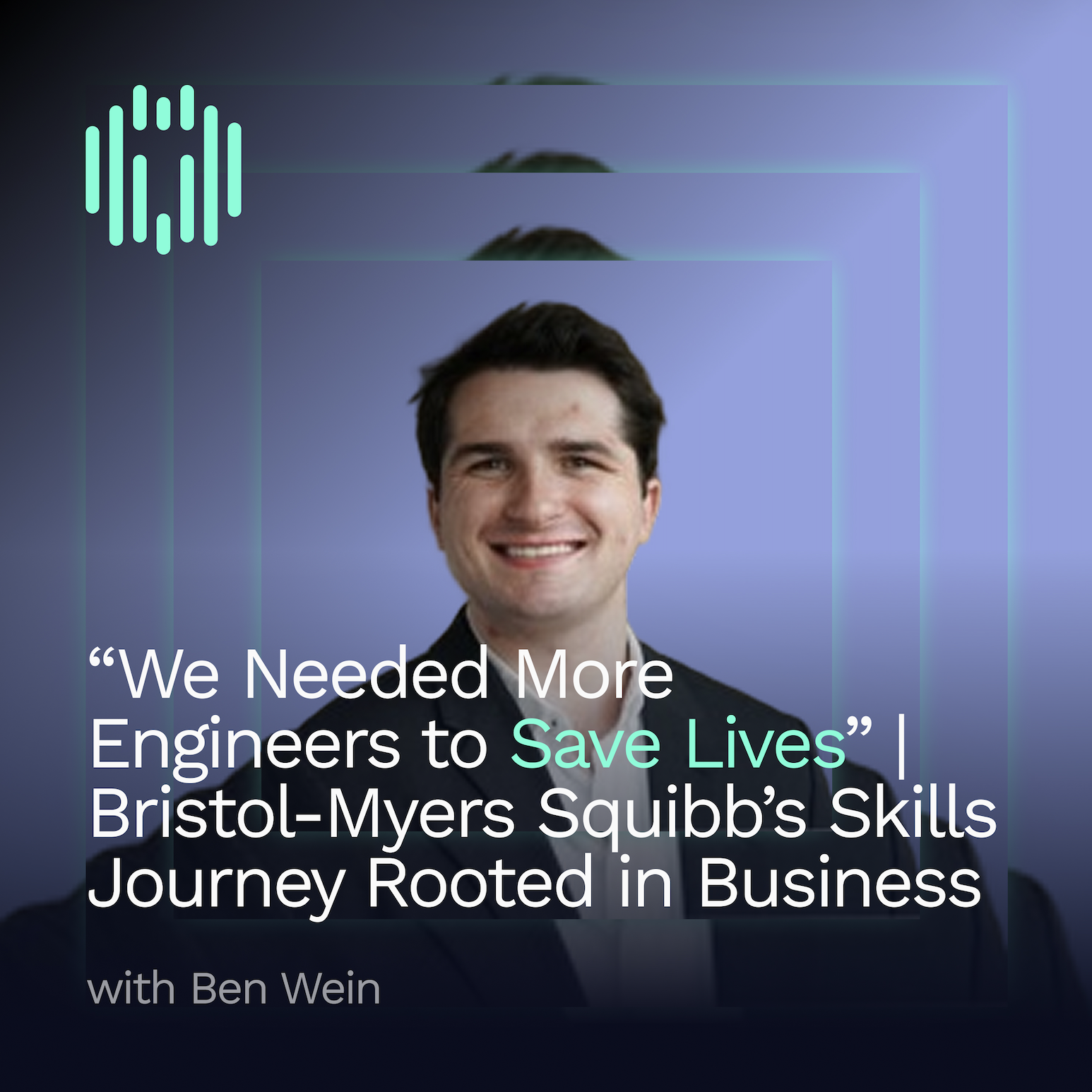

.png)








